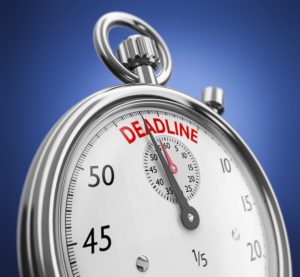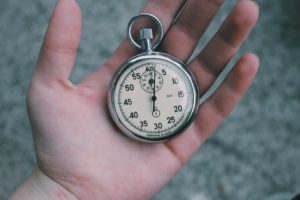 I began my writing career in drama, and when I start a new chapter of a novel, the first thing that comes to mind is the dialogue. Bad idea. When you come into the middle of a conversation, you always feel like you’re missing something, and I suspect my readers react the same way. So I went looking for a metaphor that would help me write an effective opening paragraph for every chapter. And to do that, I had to figure out what readers want at the beginning of a chapter.
I began my writing career in drama, and when I start a new chapter of a novel, the first thing that comes to mind is the dialogue. Bad idea. When you come into the middle of a conversation, you always feel like you’re missing something, and I suspect my readers react the same way. So I went looking for a metaphor that would help me write an effective opening paragraph for every chapter. And to do that, I had to figure out what readers want at the beginning of a chapter.
And then I had a thought; starting a chapter is like entering a new room we have never been in before. What do readers want to know about that unknown room? Continue reading “Creating a Dynamite Four-Sentence Opening Paragraph”

 My main difficulty when I switched from writing plays to novels was my use of pauses. It took me a long time to figure out that the time sense of a person conversing in real life or watching a play is very different from the time sense of someone reading prose. And that has repercussions in novel writing and the use of punctuation.
My main difficulty when I switched from writing plays to novels was my use of pauses. It took me a long time to figure out that the time sense of a person conversing in real life or watching a play is very different from the time sense of someone reading prose. And that has repercussions in novel writing and the use of punctuation. One of the problems that often plagues authors is their writing productivity. It often seems like there’s not enough time in the day to get everything done. If an author is writing on the side, as opposed to a full-time job, then finding time to sit down and belt out the words can be difficult.
One of the problems that often plagues authors is their writing productivity. It often seems like there’s not enough time in the day to get everything done. If an author is writing on the side, as opposed to a full-time job, then finding time to sit down and belt out the words can be difficult. Some of you may remember my post a while back about
Some of you may remember my post a while back about